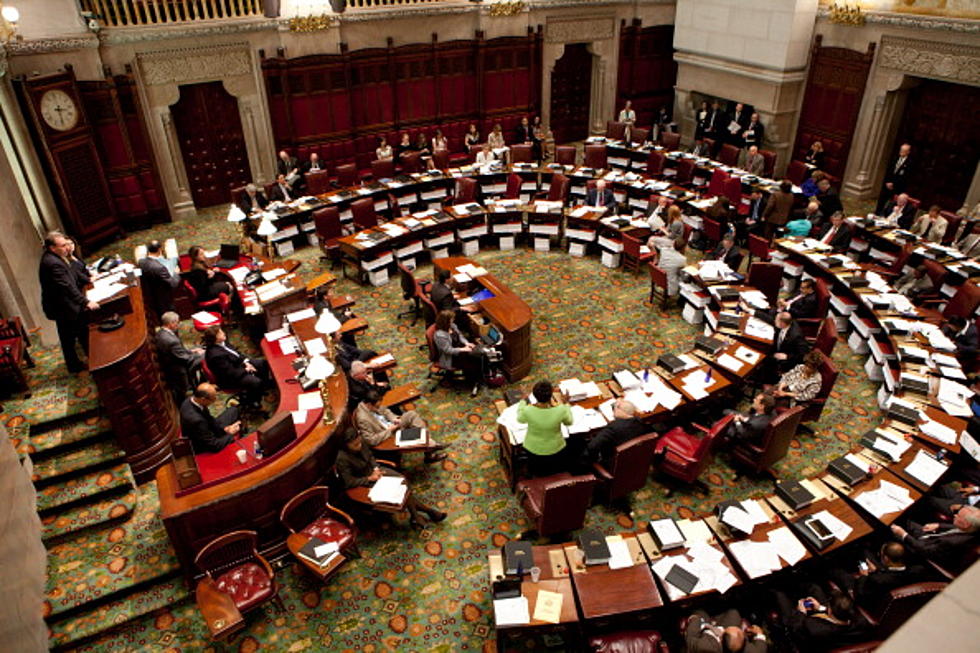
New York Lawmaker Pushes Parole System Overhaul
ALBANY, N.Y. (AP) — A proposal in the New York Legislature would overhaul the state's parole system to shift its emphasis on technical violations such as missing curfew to a series of incentives that reward good behavior.
The bill announced Tuesday is sponsored by Democratic Assemblyman Walter Mosley, of Brooklyn, and is based on research from Columbia University; the Katal Center for Health, Equity, and Justice; and other advocates for criminal justice reform.
Current rules send too many former inmates back to prison for technical violations, undermining their attempts to rejoin the community, breaking up families and adding to the state's correctional costs, Mosley said.
"It's the smart move to make," Mosley said. "There are ways for our parole system to become more effective while making life easier for people on parole."
His bill would prohibit certain minor parole violations from being used to send people back to prison, and instead create a series of incentives that would shorten parole if a parolee makes progress in reintegrating into society.
Earlier this year, researchers at Columbia examined parole rules in New York and other states and found that often, minor infractions such as showing up late to a meeting with a parole officer can lead to serious consequences, and even reimprisonment. The reports recommended shifting the focus of parole from punishment to incentives as a way to reduce recidivism and help former inmates rebuild their lives once they released.
By reducing the number of people sent back to prison, the authors wrote, the state could refocus staff and correctional resources to work with prisoners most likely to reoffend.
While officials like New York Mayor Bill de Blasio and Gov. Andrew Cuomo work to reduce the prison population, supporters of Mosley's bill say parole is an issue that demands more attention.
"We have the second highest number of technical violations in the country," said Vincent Schiraldi, co-director of Columbia's Justice Lab and a former New York City probation commissioner who worked on the research. "Almost a third of people entering our prisons are entering for technicals rather than new crimes."
More From WIBX 950









